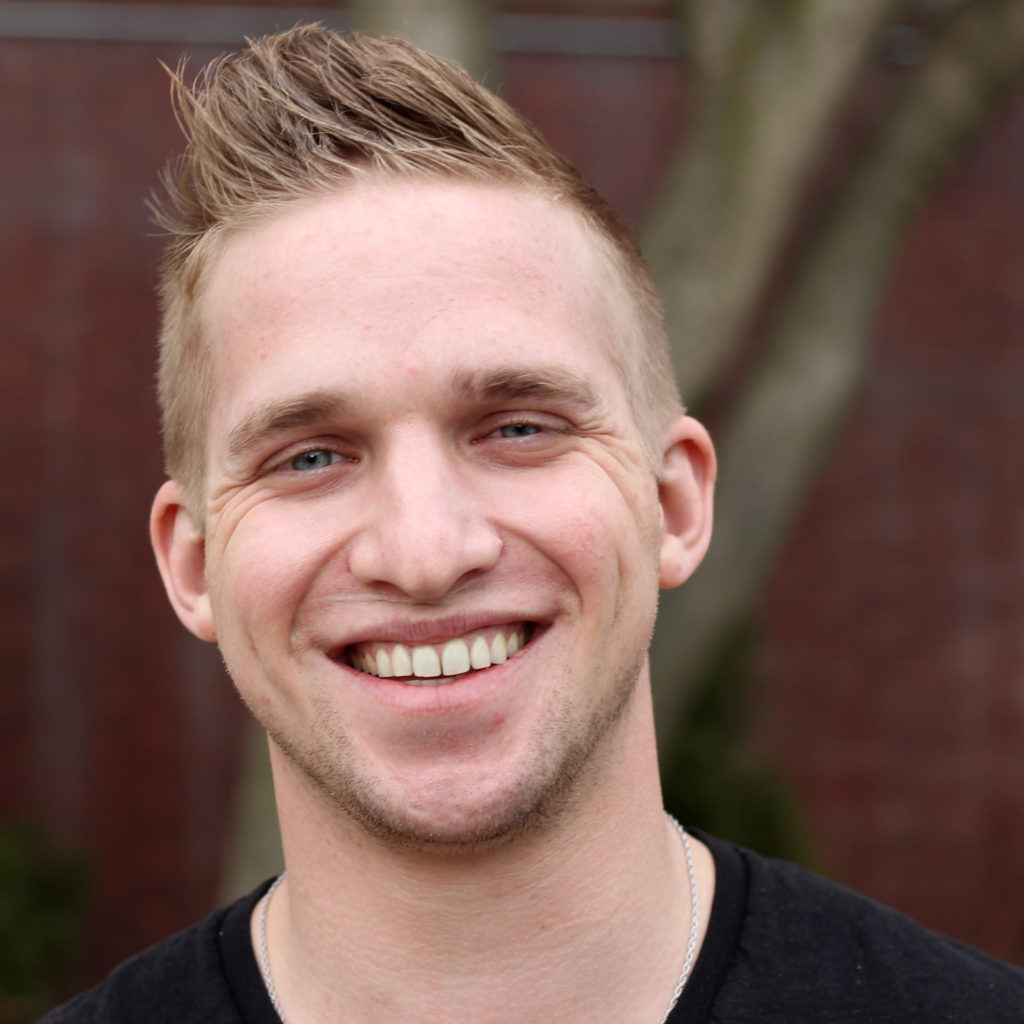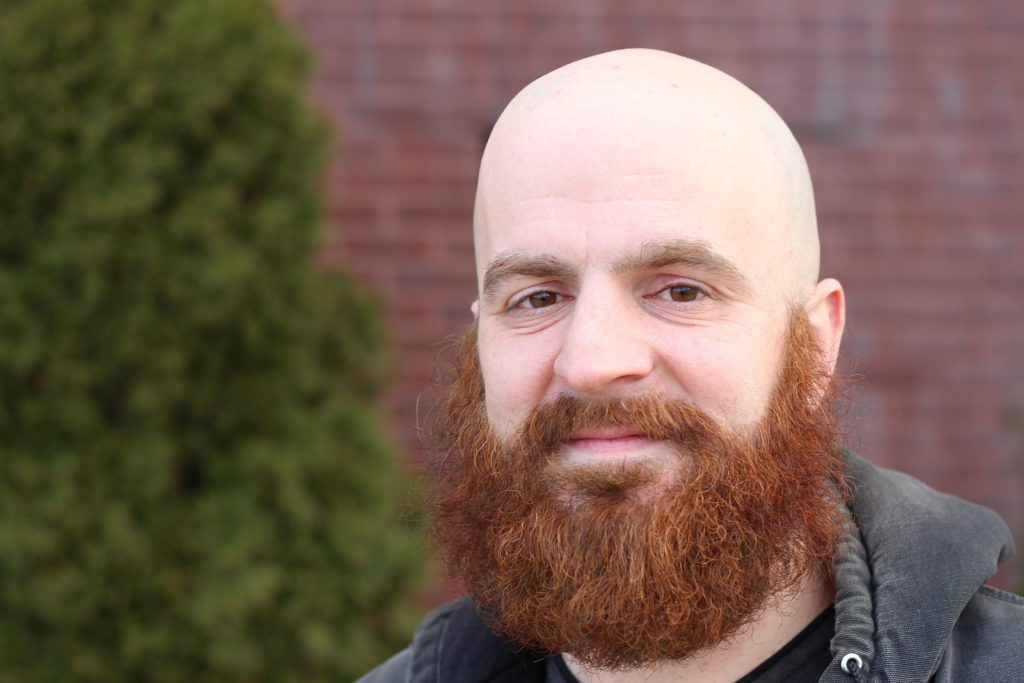Sarah, age 40, was born in North Philadelphia,
PA, and raised in Prince Georges County, MD.
“My parents were married in North Carolina
in 1963,” recalled Sarah. “In 1964, my mother
was thrown from her vehicle and became a
paraplegic. I am the youngest of five children,
and my oldest sibling was born with Cerebral
Palsy. At a young age, I became the personal
care assistant to my mother and sister, which
pulled me out of social assimilation.”
“Our family moved to the North Kensington
section of Philadelphia, where I was born
into deprivation. We had no hot water. My
mother, a functioning alcoholic (her mother
was a North Carolina “Bootlegger”), had
a nervous breakdown when she told her
psychiatrist that she would kill all of us and
herself. The psychiatrist told her not to rely on
her husband. My parents separated, and my
mom took us back to Maryland. I was doing
well in school, and as a teenager, my mother
even asked me to file for her divorce. Despite
all the turmoil, all her children went to college
and played piano. I attended Georgetown
University and received a master’s degree from
Virginia Tech.“
“In my late twenties, I did not like how my
mother drank. Her body was taken away
from her at a young age, and that is how she
managed to get through life. I still did not
drink. I got married at 24 and had my first
child at 26. We lived in Northern Virginia wine
country, and I desperately wanted to have a
family that my mother could not have. My
husband’s family was resentful of our interracial
relationship, but I put him through school and
purchased our house.”
“I began to drink with the encouragement
from my husband. He wanted me to ‘loosen
up’. We drank every night and had a rule that
‘shots’ would be done if you came into our
house. After ten years of marriage, he put me
out of my house. I came home one day, and
my children were not there.”
“I got an apartment, but could not maintain
it. I fell into hopelessness, but my ex-husband
moved on. In a momentary lapse of reason,
I got into a confrontation with his now exgirlfriend
and got arrested. I had been an
executive investment banker at Freddie Mac
and a vice president at Wells Fargo, and now I
had a criminal record and was homeless.”
“I spent my entire 401k on alcohol. All my life, I worked so hard to get what I wanted. I was always the one who got ahead. I went from a house to an apartment, a car, and a shelter. While attending Avenues Recovery Center on the Eastern Shore in Cambridge, MD, one day, I noticed a list including Helping Up Mission (HUM). I asked the counselor what HUM was, and they said, ‘I don’t know. It’s a men’s shelter. I immediately went to YouTube, found HUM’s channel, and found a video of Center for Women & Children Director Pamela Wilkerson doing a tour of the new facility. I decided to ‘Google Map’ the address and noticed the gigantic red heart on the next-door Ronald McDonald House roof. I immediately knew HUM was the place for me.”
“I spoke with Meaghan Yoho, Operations Manager. She warned me about the 60-day phone restrictions, and I told her that I was good with that. The next day, at 5 am, it was dark outside. The driver who dropped me off decided to check the building to see if we were at the right place, and we were!”
“I have learned that in order to stay sober, I have to face the things that I used to meet with the crutch of alcohol. I realized that I have to let things go, including all of the dread that led me to this point in my life. And I am being rewarded with much peace. I joined the Women’s Center Choir, ‘Voices of Praise’, and have been with Nikki Jones, Outreach Coordinator, and Choir Leader, since day one.”
“I am getting ready to start an internship with James Hill, HUM’s Director of Client Services. I look forward to helping other underserved clients get the help they need. Since I have been here, I have taken the LSAT test (in Workforce Development) and received a score that will allow me to pursue a law degree at the University of Baltimore. I have also taken and passed the National and State Real Estate exam. When it comes time to graduate from the Spiritual Recovery Program and get a job, Pam told me I would get her recommendation!“
“To the donors, I would like to extend a heartfelt thank you for the opportunity to have a life again. I was living out of a trunk in a life-or-death situation. The ability to choose life is such a wonderful blessing. Helping Up Mission takes the love and support of strangers, whom I now consider friends that loved on me until I could love myself. Thank you to the wonderful HUM staff and leadership for giving me the family I needed. And to my daughters, I speak to weekly – I Love You!”

